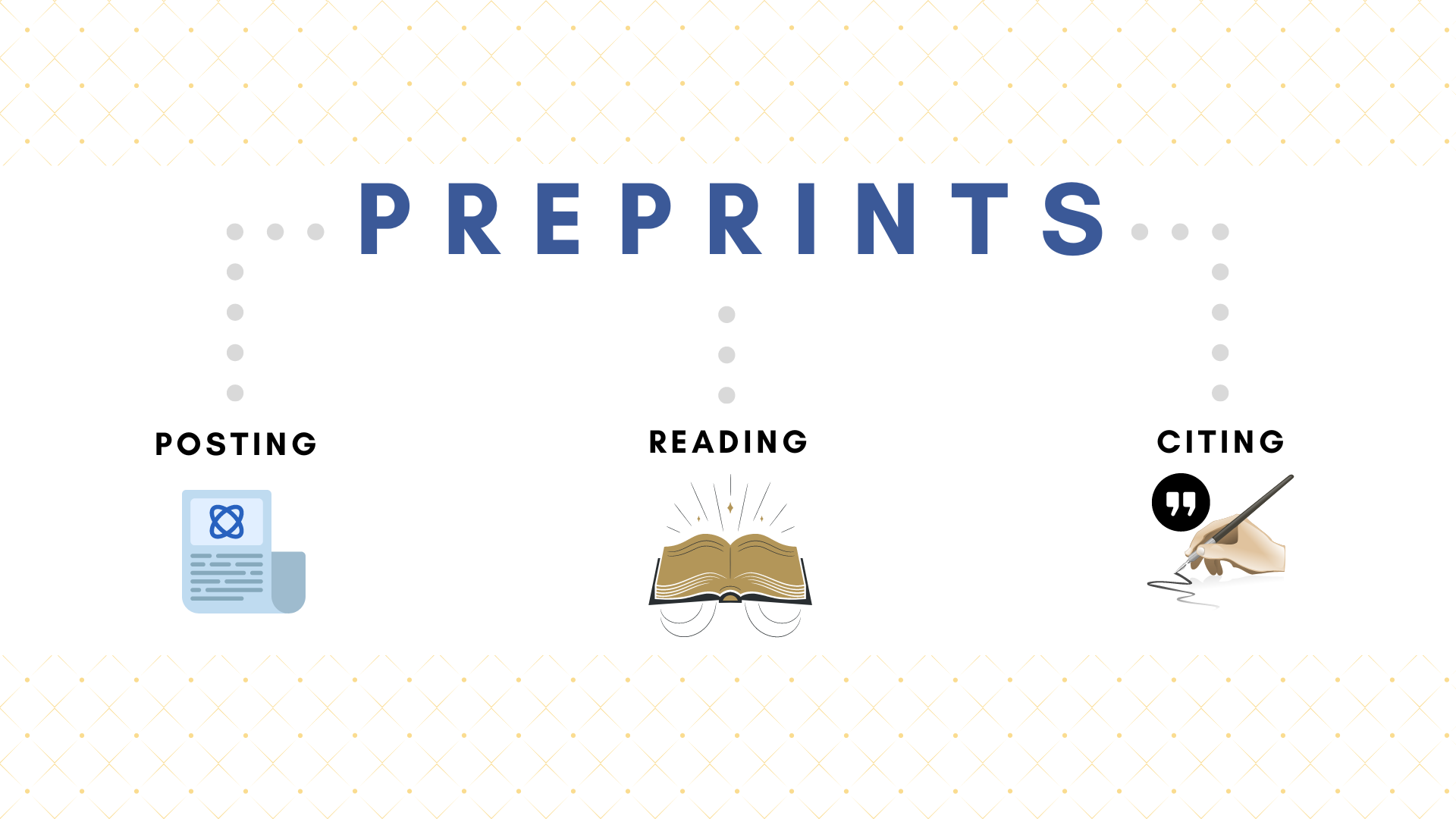
Connected Papers: A visual tool that helps speed up your literature search
Struggling to search research papers by inputting keywords or topics in the traditional databases or Google for your literature review? In this blog, we introduce Connected Papers, a visual tool to help speed up literature searches and explore academic papers. About Connected Papers Connected Papers is a handy and powerful tool. It simplifies the process…
Read More
Top HKU Researchers: the Research.com Rankings
The University of Hong Kong (HKU) has a highly talented pool of scholars and researchers in a wide range of expertise. Our researchers have built impressive profiles with their innovative, high-impact and leading-edge research, and at the same time, made efforts in transforming their intellectual output into values and benefits to the public and global…
Read More
Communicating research impact in academic CVs
CV, an abbreviation for the Latin curriculum vitae, meaning “course of (one’s) life”, presents a detailed summary of academic background and degrees, job experience, research, publications, presentations and lectures, honours, and other accomplishments (Rogers). You may need it for job searching, awards, fellowships, funding applications, tenure review and more. Below are the typical sections you…
Read More
Ways to boost your citations – Data Sharing
Data sharing is getting support from the academic communities as favourable practice in scholarly publishing. It can enable researchers to replicate findings, build on others’ expertise, and reuse existing data for making new discoveries (Gilmore et al., 2018). While it brings key benefits to scientific progress and the whole research community, at the individual level,…
Read More
Preprints 2: Concerns and Implications
Following the previous post on introduction and benefits of preprints, this blog post will briefly introduce concerns on preprints and some implications to readers and authors. Missed the previous post? Check the post here. Concern of preprints Quality While preprints play an unprecedented role in promoting timely dissemination of biomedical knowledge during COVID-19 pandemic, skeptics…
Read More
Preprints 1: Speed, Readership, and Citation Advantage
This blog post will briefly introduce preprints and their benefits. In the next post, the concerns of preprints and implications to authors and readers will be discussed. Stay tuned! Introduction Preprint is a version of a scholarly paper preceding formal peer review. Since the launch of arXiv (https://arxiv.org/), the very first preprint server used by…
Read More
Ways to boost your citations – Social Media
Dissemination of scholarly information is no longer limited to printed materials or electronic databases, but a faster, easier, and more interactive platform – social media. When you are in search of effective ways to increase the visibility and boost citations of your published papers, social media could be a novel means that you could adopt.…
Read More
Find research resources on LibGuides
What is LibGuides? LibGuides developed by Springershare, is a well-known web2.0 content management system used by libraries to share information and organize library resources. As of April 26, 2022, 5752 institutions have adopted the LibGuides system, and 873,034 guides have been created by 228,169 librarians worldwide (Springershare, 2022). HKU Libraries is one of the libraries…
Read More
Analysis of University Research Performance by Using ESI and InCites
About Essential Science Indicators (ESI) Essential Science Indicators (ESI) is an analytical tool that helps identify top-performing research on the Web of Science (WoS) Core Collection. ESI surveys more than 11,000 journals from around the world to rank authors, institutions, countries, and journals in 22 broad fields based on publication and citation performance. The survey…
Read More
Know Your Citations Better with Citation Context Analysis
Beyond simple counts of citations received by a paper, a novel method for examining impact of a piece of scholarly work—citation context analysis is able to “…help scholars explore and describe—at a specific and detailed level—how important ideas are used by and spread from a source text to subsequent citing works.” (Anderson and Lemken, 2020)…
Read More